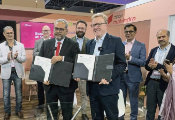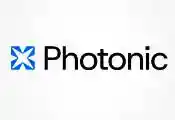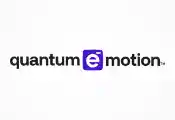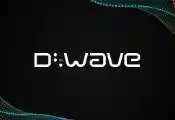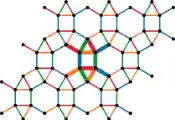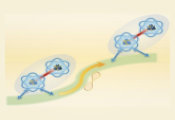Q-CTRL’s Black Opal Wins 2024 EdTech Breakthrough Award
LOS ANGELES, June 10, 2024 — Q-CTRL, a pioneer of quantum infrastructure software to make quantum technologies useful, today announced it is the winner of the Digital Courseware Solution of the Year Award by EdTech Breakthrough for its quantum computing workforce development educational platform, Black Opal for Enterprise.
Black Opal separated itself in the crowded EdTech industry with its unique, intuitive, and interactive platform that makes it easy for anyone to learn quantum computing, regardless of educational background. Black Opal is unique in the deep tech industry as it makes quantum computing accessible for engineers and aspiring quantum professionals. Over 16,000 learners have kickstarted their learning journey through Black Opal’s easy-to-use animations, visualizations, and interactivity that open the door to a comprehensive, yet accessible, dive into quantum computing.
The content in Black Opal does not require previous quantum knowledge or formal prerequisites while applying quantum computing to real-world applications. It provides a comprehensive educational journey by delivering a modular, self-paced course, providing critical guidance and opportunities for practice. Black Opal incorporates more than 400 lessons across ten topics, each covering a fundamental concept in quantum computing.
EdTech Breakthrough offers prestigious recognition, in line with its parent organization, Tech Breakthrough, a leading market intelligence organization that recognizes the industry leaders in technology. The EdTech Breakthrough Awards honors excellence and recognizes the hard work, success, and creativity of companies, products, and technologies in the educational technology field worldwide.
Q-CTRL designed Black Opal based on extensive market engagement, which identified a gap in content and interactivity for learners seeking to upskill in quantum computing. Policies surrounding critical technologies like quantum technologies in AUKUS countries, along with the expansion of government entities such as the National Quantum Computing Centre (NQCC) in the UK, have highlighted the urgent need for comprehensive quantum educational content.

